Sunday Reflections: There is No Such Thing as a Free Lunch?
The tickets were a different color. That’s what I remember about being on the free and reduced lunch program after my parents got divorced and we tried to make it as a single income family. The tickets were a different color so every kid knew that you were poor. There was great shame that came with handing that ticket to the lunch lady. But that shame didn’t overwrite my hunger, so I handed it to her and I ate.
This past week, Betsy DeVos made the comment that there is no such thing as a free lunch. And that is technically true. Lunches, even lunches that come free to children in our nation’s schools, cost someone money. I, personally, don’t mind paying taxes to help make sure that children don’t go hungry.
ADVERTISEMENT
ADVERTISEMENT
Here’s the thing about children. They are our most vulnerable population. They are developing and forming and every thing that happens to and around them affects them. Hunger. Poverty. It affects them. And because it affects them, it affects all of us.
I am a Christian and since this is a Sunday, let me turn now to the Bible. Once there was a man named Jesus who stood before a large crowd and he was going to deliver what we would call today a sermon. He was teaching them. But he looked out among them and saw that they were hungry and he understood they would not be able to listen and learn while their bellies rumbled with hunger pains, so he fed them. This is the Sermon on the Mount. The feeding of the multitude. The story of when a man named Jesus took some loaves and fishes and fed thousands of hungry people so that he could teach them.
We can argue about the best ways to feed starving children. But there are hungry kids sitting in our public schools – current statistics indicate 1 in 5 of every kid – and they already have a lunch time and a lunch program, so free and reduced lunches make sense. It’s a distribution program in place that works.
There has been a lot of talk since the election about rural poverty. No one, they claim, cares about poor rural people and that is why we are here. Ironically, cutting school lunch programs would dramatically hurt those living in rural poverty. I know, because I work in an area with high amounts of rural poverty. In fact, I recently did a long series of Tweets about what is was like working with these teens. I share that story with you here because it seems relevant to this conversation we keep having.
It’s true, there is no such thing as a free lunch. Someone, somewhere is paying for that lunch. But I’m not in the business of punishing children, affecting their health and development, and compromising our future for some negative ideology that overlooks the very real causes of poverty and puts more money into the hands of rich people while children sit hungry in the classroom and can’t focus on learning because their teacher’s voice isn’t louder than the growling in their bellies. I’d rather my taxes go to feed hungry children then pay for our billionaire president’s many vacations or to increase our capacity to kill the world a thousand times over by developing more nuclear weapons. Investing in children is an investment in America.
This is what it's like working with teens living in rural poverty in a small Midwestern town//
-
There is so much - far too much - poverty everywhere in America. And it hurts us all. https://twitter.com/sentencebender/status/819686729498193920 …
![]()
Filed under: Poverty, Sunday Reflections
About Karen Jensen, MLS
Karen Jensen has been a Teen Services Librarian for almost 30 years. She created TLT in 2011 and is the co-editor of The Whole Library Handbook: Teen Services with Heather Booth (ALA Editions, 2014).
ADVERTISEMENT
ADVERTISEMENT
SLJ Blog Network
Happy Poem in Your Pocket Day!
This Q&A is Going Exactly As Planned: A Talk with Tao Nyeu About Her Latest Book
More Geronimo Stilton Graphic Novels Coming from Papercutz | News
Parsing Religion in Public Schools
ADVERTISEMENT


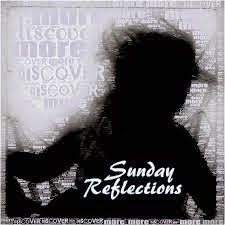

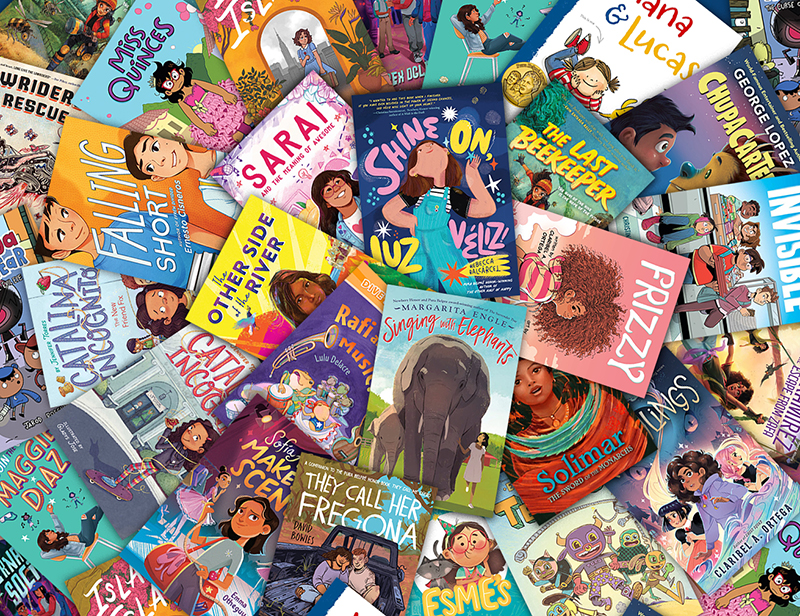
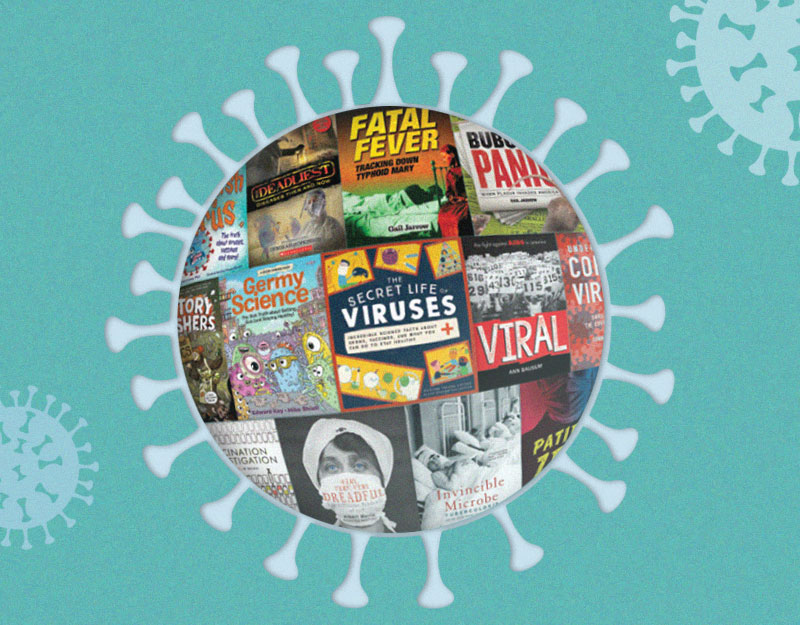
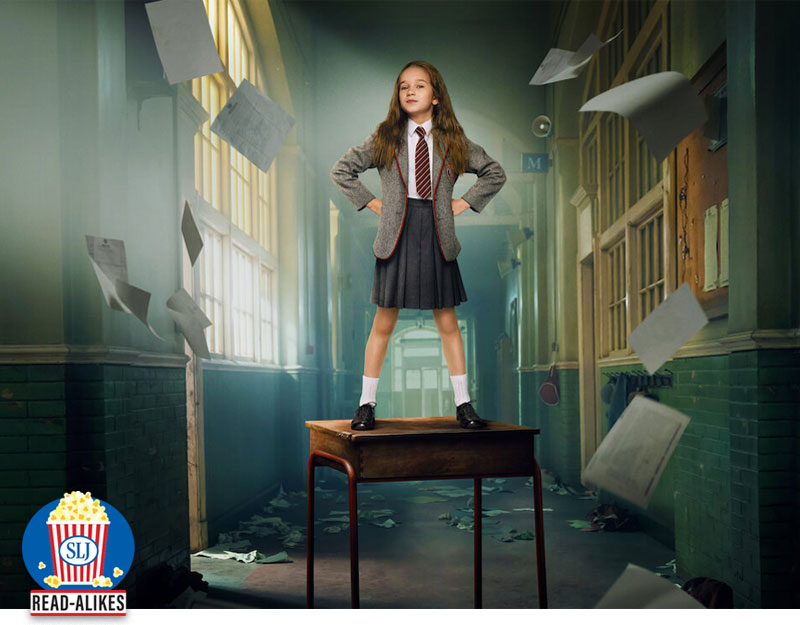

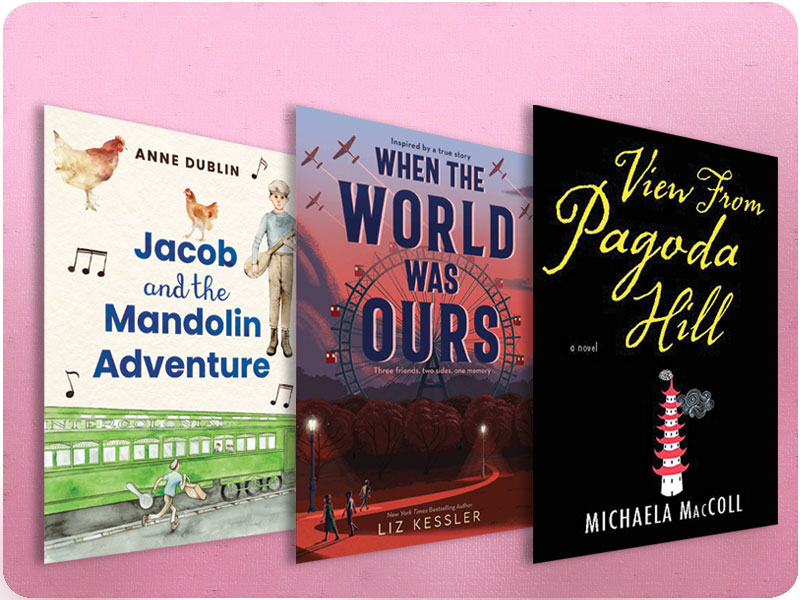
Thank you for this. It is really hard for the middle class mind to wrap fully around, but the majority of the students in my school are on free lunch, and if they weren’t, they wouldn’t eat. Simple. One kid was telling me about his mom kicking out her boyfriend for being a jerk. “We don’t need him!” she told her son. To which he replied, ‘Mom, have you looked in our cupboards? We have half a box of cereal, and not even any milk. We actually did need him.” Which was part of a larger conversation we were having about why he had joined a gang. Many kids deflect on this–it’s about friendship and loyalty. He straight up said he was in a gang because there weren’t any legal ways for a 12 year old to make money, but he could help feed his siblings by being a runner for dealers. Seems like the family values people might have an issue with that. I’d rather pay for someone’s “free” lunch than incentivize crime.
You’d have a much stronger argument to make if the average SNAP home actually spent more than 40% of their food assistance on basic provisions, and didn’t spend 10% of that same assistance on surgary drinks.
This was reported the New York Times last month: https://www.nytimes.com/2017/01/13/well/eat/food-stamp-snap-soda.html?_r=0
Alas, with this facts, your argument falls flatter than a Pop Tart.
You brave anonymous person, you are equating SNAP with free school lunches. These are not the same thing. When a child receives a free school lunch, they are receiving the exact same meal that everyone else is getting, which is regulated by the government (for now) to be nutritious. Sometimes this food is nutritious on paper and not too tasty or appealing on a lunchroom tray, but it is food. And there are a lot of households that have kids who mostly get food from free lunch and free breakfast in schools. If you have arguments about SNAP, that’s an entirely different argument that someone else might be willing to take up, but it’s irrelevant here.